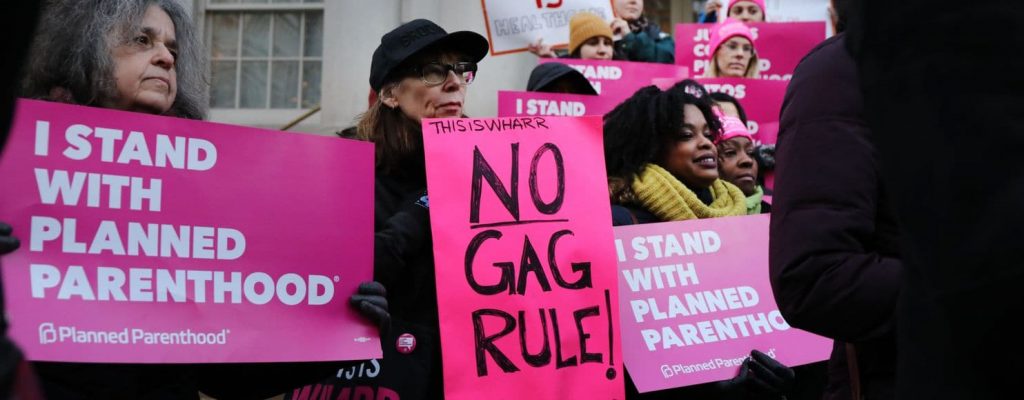Should women have the luxury of accessing depoliticized healthcare or must we tend to our bodies while contending with an incessant legislative agenda? Does “fighting the good fight” take precedence over our physical wellbeing?
When your bodily autonomy is up for question, the area between public advocacy and personal health becomes unclear.
This past July, Planned Parenthood ousted former president Leana Wen, citing differences in priorities and management styles. Wen is a proponent of depoliticizing Planned Parenthood and its services, but the organization isn’t ready to chart a new course. A New York Times article reported that Planned Parenthood’s board of directors “felt it needed a more aggressive political leader to combat the current efforts to roll back access to abortions.”
Meanwhile, nine states have passed early abortion bans as of this summer. Access is waning and the need to normalize women’s health couldn’t be more urgent. However, political aggression is not the solution. Progress is the need of the hour, and politics stands in its way.
Planned Parenthood’s actions against Wen speak to prioritization of publicity and political statements at the cost of the communities it serves.
Wen, in her New York Times op-ed, pointed to a positive shift in public perception regarding abortion during her tenure at Planned Parenthood. A poll published in early June reported that 77% of Americans believed that the Supreme Court should Uphold Roe v. Wade. Still, her efforts to integrate women’s health into mainstream healthcare were undermined, and she was asked to leave.
Instead of using abortion politics as leverage to advance their cause, Planned Parenthood should care for women by considering their health before their civic value; by classifying its services as necessary rights instead of political strategy.
This year has seen a devastating regression in reproductive health rights. America bears the highest maternal mortality rate in the developed world, and our plight will only intensify with increasingly limited access to women’s healthcare.
Women are in danger in this climate of extremism. When a woman seeks care from Planned Parenthood, she faces the risk of assault by protestors outside the clinic. Restrictive policies, including the Title X Gag Rule passed a few weeks ago, impede women’s roles as decision makers. Safety and access as it relates to women’s health have been consistently under siege, even after the establishment of Planned Parenthood over a century ago. Addressing this by treating women’s health services as part of holistic healthcare should be the organization’s immediate concern.
Planned Parenthood’s political approach isn’t working anymore. Women’s health is, first and foremost, a public health issue. When I walk into Planned Parenthood, I’m not looking to make a political statement. I’m looking to access my fundamental right to healthcare.
Featured image: Tracy Emin, My Abortion (1990)

